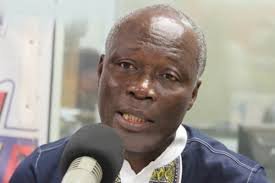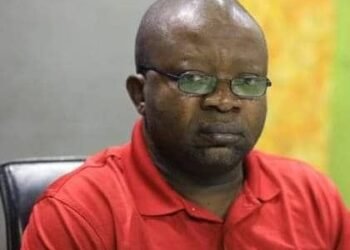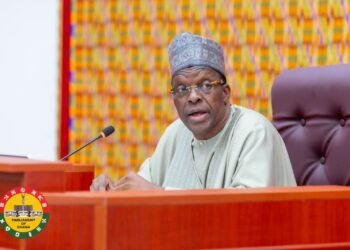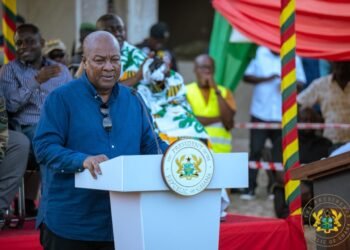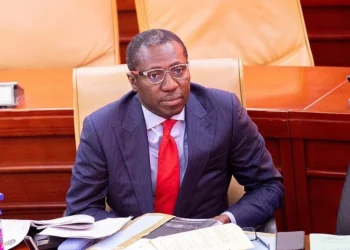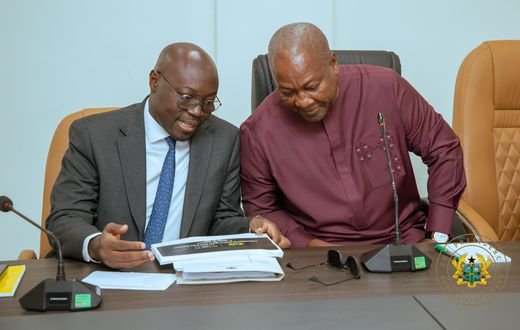The National Coordinator of the District Road Improvement Programme (DRIP), Mr. Edwin Nii Lante Vanderpuye, has raised concerns over the absence of budgetary allocation for the initiative in the latest release of the District Assemblies Common Fund (DACF).
Speaking to the media, he confirmed that no funds were earmarked for DRIP, leaving district assemblies to finance ongoing road projects from their internally generated funds.
According to the DRIP Coordinator, this omission has placed significant pressure on local assemblies already grappling with financial constraints. Mr. Vanderpuye noted that the directive governing the utilisation of the District Assemblies Common Fund excluded provisions for road projects, effectively forcing districts to divert limited local resources to sustain critical works.
“The last Common Fund did not budget for DRIP, so – the district assemblies are now using their own resources, and that’s made it a bit difficult because they were given guidelines on how to utilise the monies that were sent to them, and it doesn’t include roads. They have to use their IGF”
Mr. Edwin Nii Lante Vanderpuye, National Coordinator of the District Road Improvement Programme
The absence of dedicated funding, he explained, risks delaying road maintenance and rehabilitation projects that form part of the government’s broader infrastructure plan to improve access and mobility in rural areas.
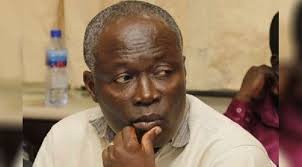
DRIP, which falls under the Ministry of Roads and Highways, has been instrumental in supporting district-level road networks, complementing national road projects and promoting equitable development across regions. Mr. Vanderpuye said while DRIP remains committed to fulfilling its mandate, the current lack of resources threatens to undermine progress made in previous years.
He emphasized that maintaining transparency and accountability remained central to the programme’s operations, as he clarified that all equipment procured under DRIP was still accounted for. His assurance followed public concerns about the possible diversion or disappearance of heavy machinery under DRIP.
“None of the equipment has been stolen,” Mr. Vanderpuye said. He revealed that the only vandalised machine, which suffered damage during the political transition, was being replaced at no additional cost to the government, thanks to an active warranty arrangement with the supplier J.A. Plant Pool Ghana Limited.
Anti-Galamsey Stance
The DRIP Coordinator also issued a strong warning against the misuse of current government equipment, recounting instances under the previous administration when some DRIP-owned excavators and machinery were diverted to illegal mining sites. He said such practices not only “sabotaged development goals but also betrayed public trust.”
“We had reported cases under the old administration of some of the DRIP equipment ending up in galamsey areas. I can give you my word if anyone attempts it under this system, that person will have to kill Nii Lante Vanderpuye. It will not happen, I don’t care who you are.
“There is no way I will sit in this office and allow anyone sabotage the reset agenda of President John Dramani Mahama. No, it will not happen”
Mr. Edwin Nii Lante Vanderpuye, National Coordinator of the District Road Improvement Programme
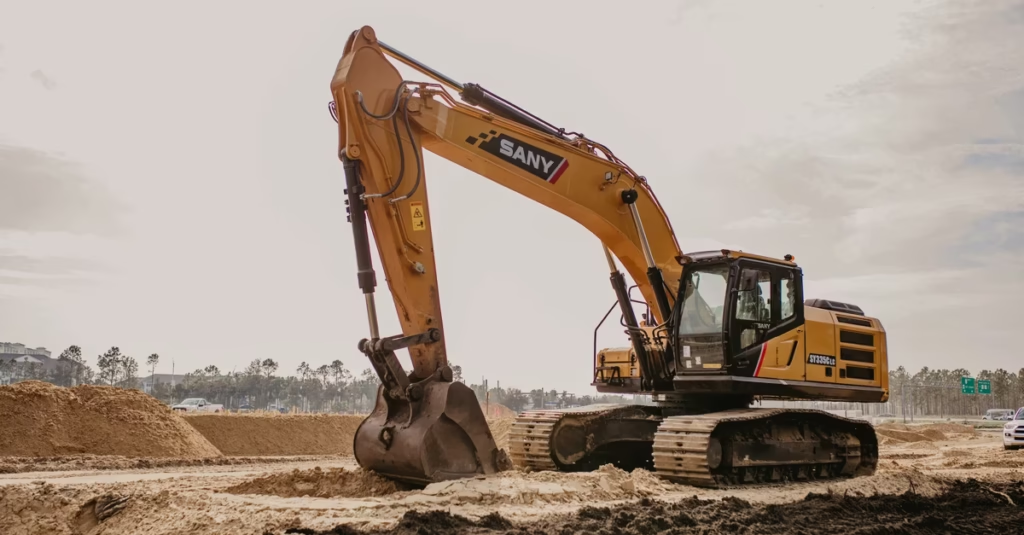
The Coordinator said the programme had already taken steps to strengthen oversight mechanisms, including the installation of tracking systems on all operational equipment to prevent diversion, adding that the renewed emphasis on discipline and transparency within public infrastructure projects under Ghana’s current government administration was not to be taken lightly.
As part of measures to expand DRIP’s operational capacity, Mr. Vanderpuye disclosed that he had written to the Minister of Lands and Natural Resources and the Minister for the Interior to request the transfer of excavators seized during anti-galamsey operations. These machines, he said, were initially evacuated with DRIP’s support to regional coordinating councils and police headquarters, and could now be repurposed to support local development.
“They will be registered in our name, we’ll put our tracking system on them and the assemblies will have them – because some of the assemblies have need for excavators. But they don’t have so they go to rent, which is an additional cost to them. If we have these excavators it will help”
Mr. Edwin Nii Lante Vanderpuye, National Coordinator of the District Road Improvement Programme
Mr. Vanderpuye expressed optimism that if granted approval, the integration of these machines into DRIP’s fleet would significantly reduce costs and enhance efficiency in local road improvement works. He reiterated the government’s focus on ensuring that public resources were directed toward tangible development outcomes that directly benefit communities.
With district assemblies now bearing the financial burden of road projects, the Coordinator appealed for renewed funding support in subsequent budget cycles.

He underscored the critical importance of DRIP as part of Ghana’s broader infrastructure agenda under the Mahama administration, insisting that consistent and relevant funding was key to sustaining the gains made in district-level development.
READ ALSO: Prof. Oquaye Urges Ghana to Rethink IMF Reliance And Harness Mineral Wealth



